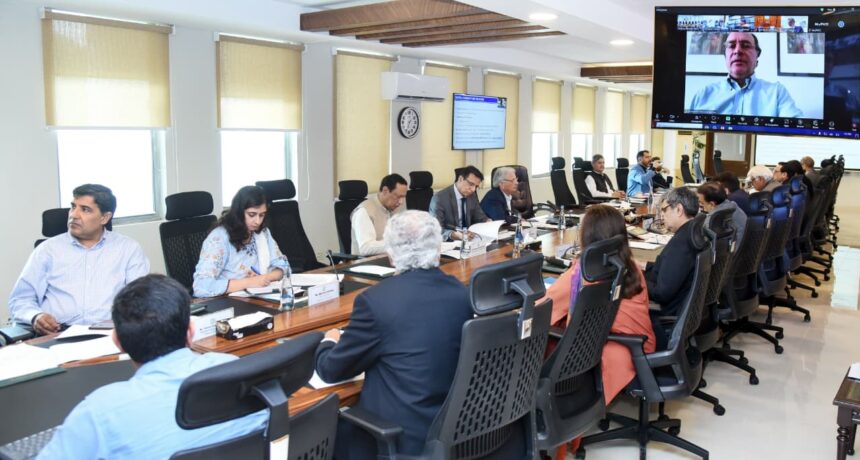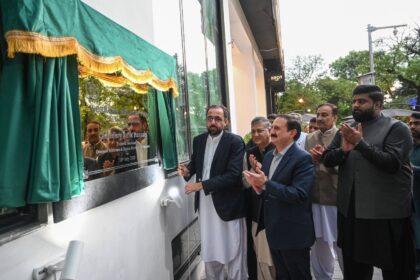The Economic Coordination Committee (ECC) of Pakistan has approved a major subsidy scheme to promote electric vehicles, alongside several key financial grants aimed at supporting remittance initiatives and higher education institutions. These measures reflect the government’s commitment to encouraging sustainable transportation, streamlining financial operations, and bolstering public sector universities.
The new subsidy, proposed by the Ministry of Industries and Production, aims to boost the adoption of electric bikes and rickshaws across the country. With a budget allocation of Rs 9 billion flagged for the upcoming fiscal year, the plan will see 116,000 electric bikes and 3,170 electric rickshaws/loaders introduced nationwide in two phases. The initial phase will launch soon and will deploy 40,000 electric bikes and 1,000 rickshaws/loaders. The scheme also features an incentive for education, offering free electric bikes to top-performing students of government colleges.
In addition to the electric vehicle initiative, the ECC approved a technical supplementary grant of Rs 30 billion. This grant will help settle outstanding claims under the Telegraphic Transfer Charges Incentive Scheme, a program designed to facilitate and encourage remittances. The committee instructed the Finance Division to coordinate with the State Bank of Pakistan to ensure proper payment mechanisms are in place. Moreover, a comprehensive evaluation of the Pakistan Remittance Initiative has been mandated, with a full report and recommendations expected by mid-September.
The committee also approved, in principle, an emergency bailout grant of Rs 2 billion for Quaid-i-Azam University. Disbursement of these funds will depend on the university preparing a detailed financial self-sustainability plan, developed in cooperation with the Higher Education Commission. This plan must outline concrete steps for the university to reduce reliance on future government bailouts and achieve long-term financial stability.
Overall, these decisions signal the government’s ongoing efforts to modernize infrastructure, encourage green technologies, and maintain stable support for essential national initiatives.











